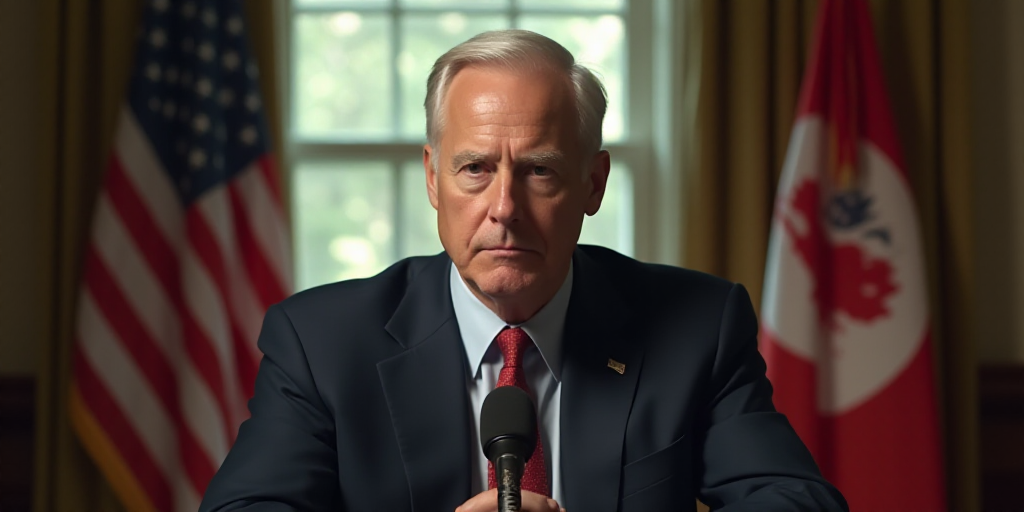Background on Donald Trump and His Influence
Donald J. Trump served as the 45th President of the United States from January 20, 2017, to January 20, 2021. Known for his background in real estate and television, Trump entered politics with a focus on “America First” policies. His influence and controversial statements have continued post-presidency, particularly through his social media platform, Truth Social.
Trump’s Call for Fed Interest Rate Cuts
On Tuesday, former President Donald Trump reiterated his call for the Federal Reserve to lower interest rates. He argued that prices for gasoline, energy, groceries, and “practically everything else” are decreasing.
“There is no inflation,” Trump stated on Truth Social, “gasoline prices, energy costs, groceries, and practically everything else are falling. The Fed should lower the rate, as Europe and China have done.”
Trump further criticized Federal Reserve Chair Jerome Powell, calling him “unpunctual” and questioning the fairness of current monetary policies for a country ready to thrive.
Contextualizing Trump’s Statements
The Federal Reserve, often referred to as “the Fed,” is the central banking system of the United States. Its primary objectives are to conduct the nation’s monetary policy, promote the stability of the financial system, and ensure the smooth functioning of payment systems.
In recent years, inflation has been a significant concern for policymakers worldwide. However, Trump’s assertion that there is “no inflation” contradicts the prevailing economic sentiment. Inflation rates have been fluctuating, with some countries experiencing higher-than-desired inflation levels.
Trump’s call for lower interest rates echoes similar actions taken by other central banks, such as the European Central Bank and the People’s Bank of China. These decisions aim to stimulate economic growth by making borrowing cheaper for businesses and consumers.
Impact on the Economy
Trump’s statements reflect his belief that lower interest rates will boost economic growth and benefit American businesses and consumers. However, critics argue that such a move could lead to increased inflation, as cheaper borrowing encourages spending and investment.
The Federal Reserve must balance these competing interests, considering factors like employment levels, inflation, and overall economic stability. Trump’s public pressure on the central bank could influence its decision-making process, although the Fed traditionally operates independently of political interference.
Key Questions and Answers
- Q: Who is Donald Trump, and why is he relevant in this context?
A: Donald Trump served as the 45th President of the United States from 2017 to 2021. His background in real estate and television, along with his “America First” policies, have kept him in the public eye post-presidency.
- Q: What did Trump call for regarding the Federal Reserve?
A: Trump urged the Federal Reserve to lower interest rates, arguing that prices for various goods and services are falling.
- Q: Why is Trump’s statement on inflation significant?
A: Trump’s assertion that “there is no inflation” contradicts the prevailing economic sentiment, as inflation rates have been fluctuating globally.
- Q: How might lower interest rates impact the economy?
A: Lower interest rates could stimulate economic growth by making borrowing cheaper for businesses and consumers. However, critics warn that this could lead to increased inflation.
- Q: How does the Federal Reserve respond to public pressure?
A: The Federal Reserve traditionally operates independently of political interference. However, public pressure from influential figures like Trump could potentially influence its decision-making process.






